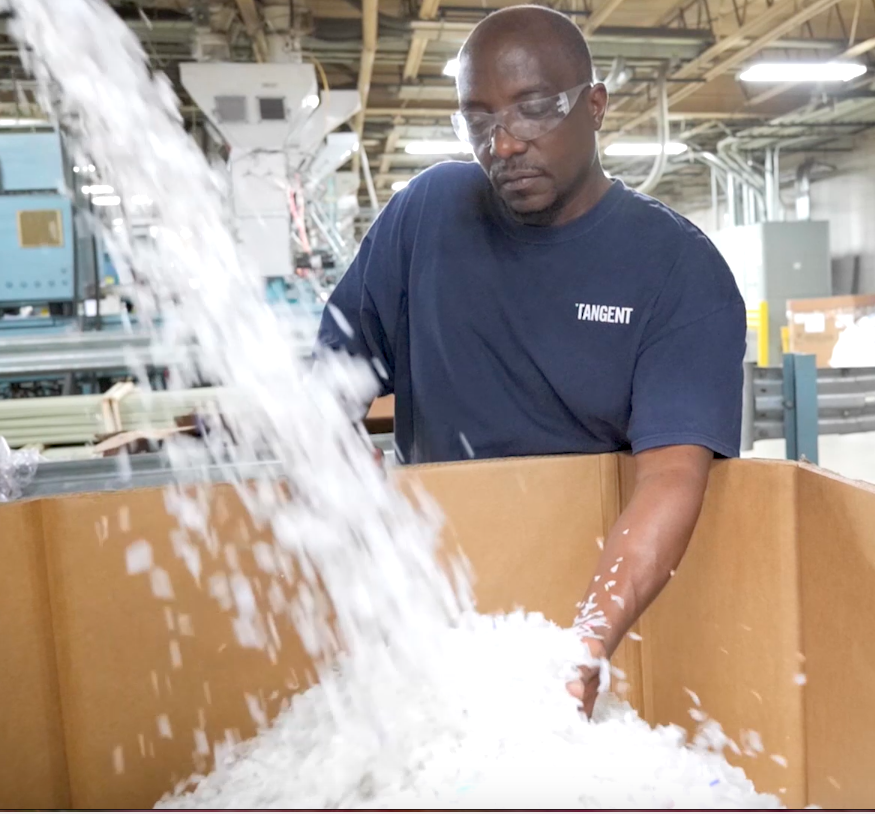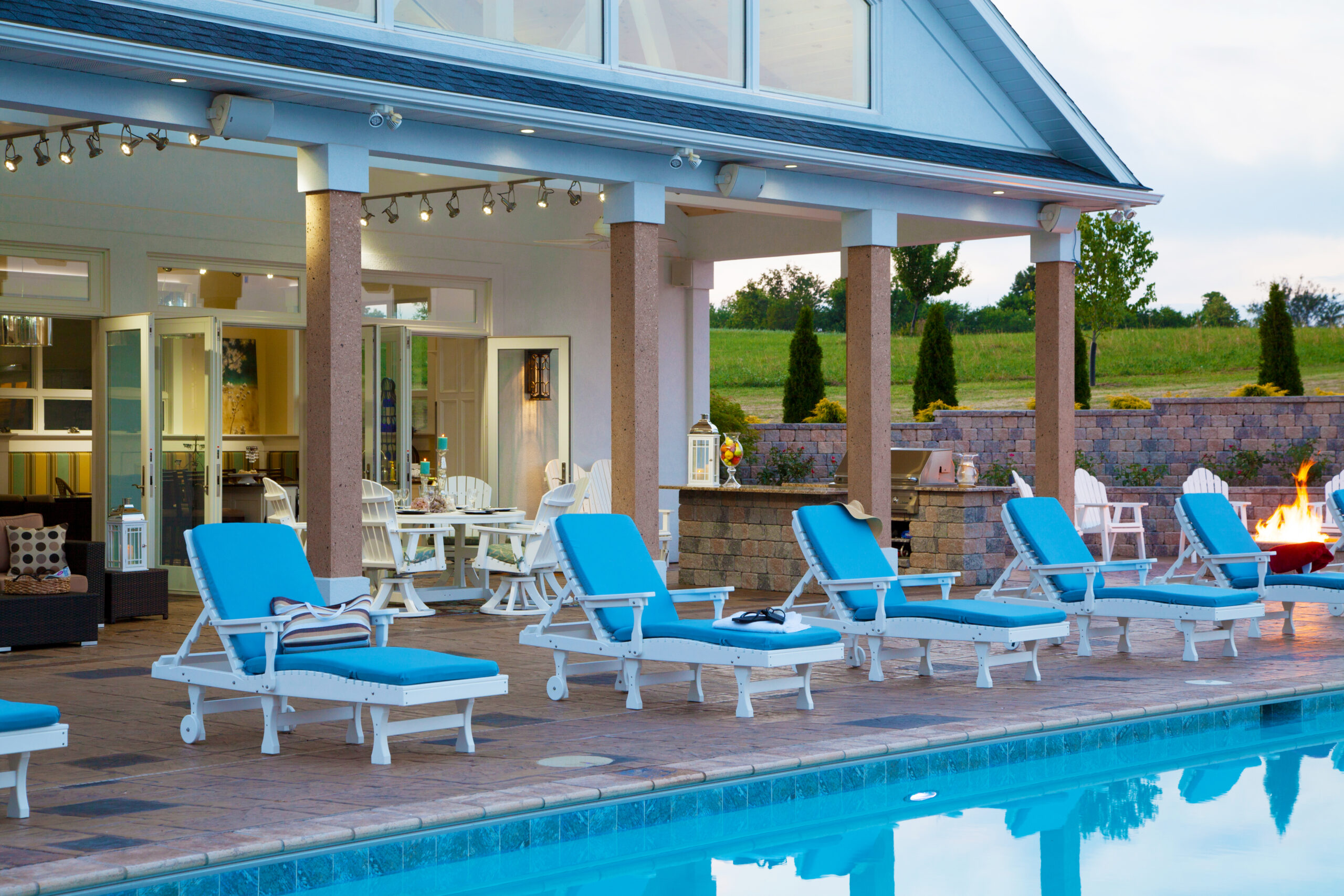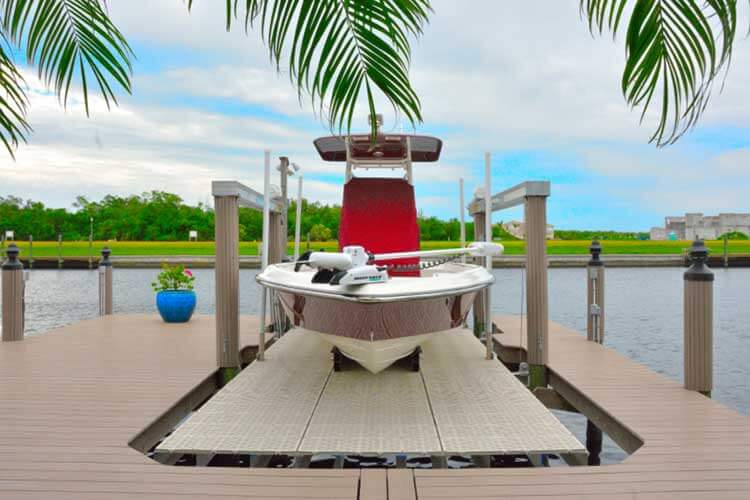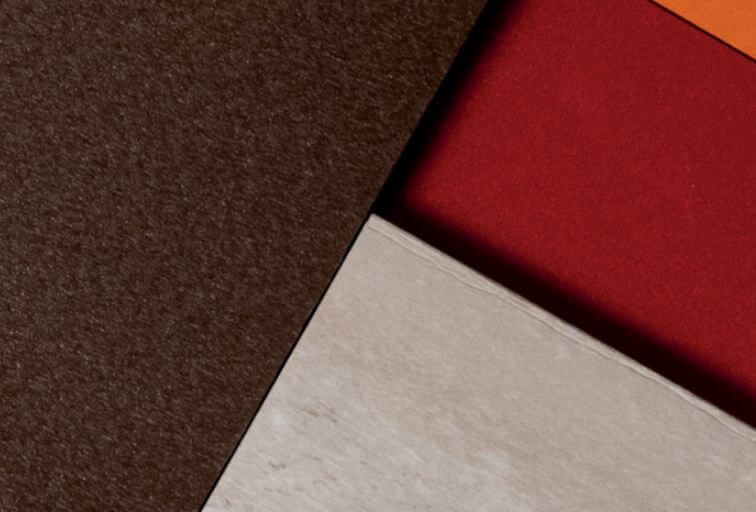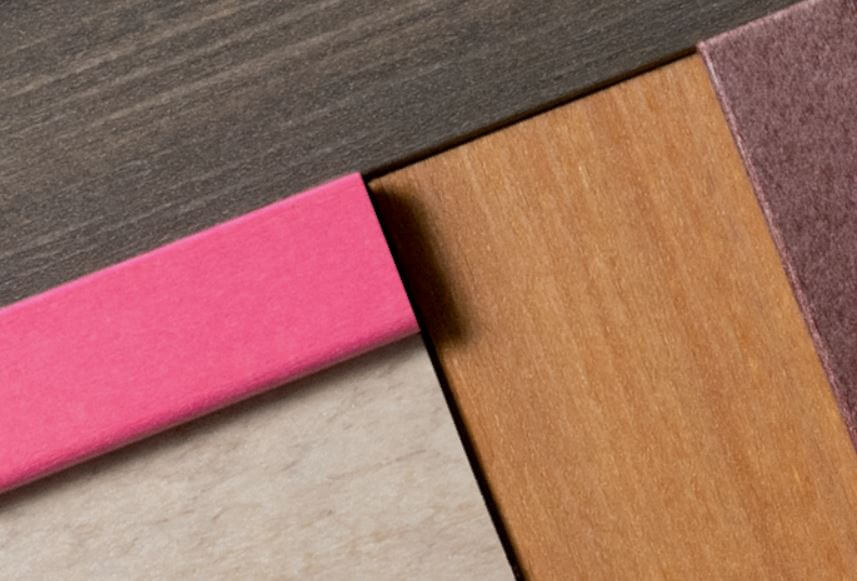Why Companies Should Switch to HDPE Fencing Installation
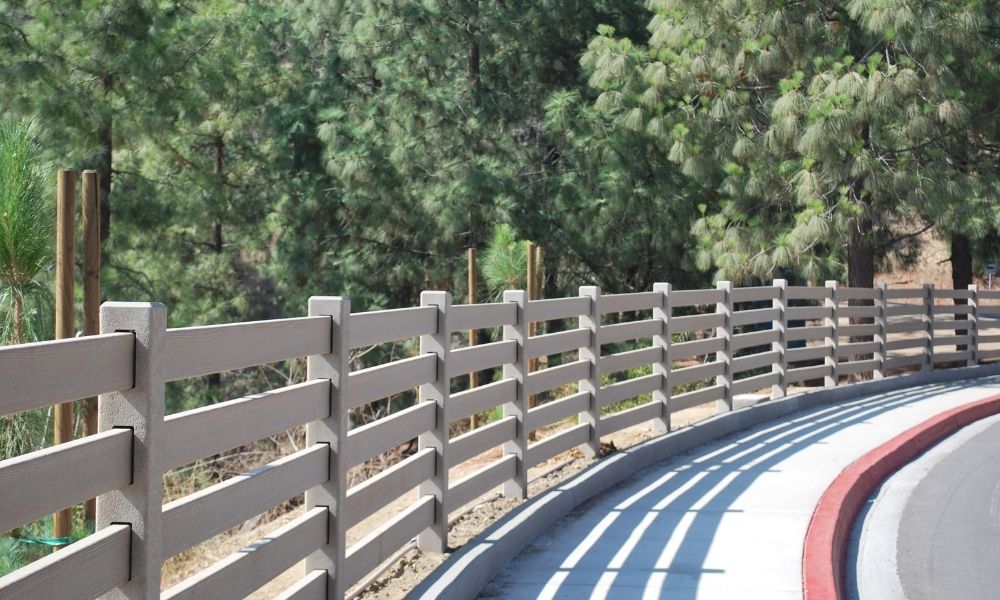
When it comes to fencing materials, the traditional choices for many were either wood, metal, or wrought iron. Our guide will explain the benefits of plastic materials like HDPE and why your company should consider switching to HDPE fencing installation.
The Basics of HDPE
First, we’ll explain the basics of HDPE for those unfamiliar with the material. High-density polyethylene (HDPE) is a thermoplastic made from petroleum that is used to make many plastic products today.
Outside of fencing, HDPE products include:
- Milk jugs
- Detergent bottles
- Piping
- Recycling bins
- Grocery bags
Once they’re thrown away, many of these items are recycled and made into other HDPE products like HDPE lumber and composite wood. These materials are then used to create HDPE fencing, which is used in many settings like ranches and parks.
Why HDPE Fencing Is Superior
Less Maintenance
The prime benefit of HDPE fencing is that it’s waterproof and resistant to insects and pests due to its synthetic makeup. Natural wood fences require sealants and chemical treatments to prevent them from absorbing moisture, swelling, and rotting.
Wood fences also need frequent maintenance to prevent pests like termites from infiltrating and causing rapid decay. On the other hand, HDPE materials don’t require any such maintenance and will stand up to water, UV rays, and insects with little to no maintenance necessary. With an HDPE fence, companies can practically install it and not worry about it again.
Environmentally Friendly
Another benefit of HDPE is its more environmentally friendly fencing material. As we discussed, HDPE lumber and composite wood for fencing are made from recycled plastics like milk jugs and bottles, which means fewer plastics in our landfills.
Natural wood, however, requires cutting down more trees in our forests and doesn’t address our overflowing landfills. With HDPE fencing, your company can do its part to preserve natural resources and cut down on waste in our landfills.
Durable and Long-Lasting
Since HDPE fencing is more resistant to water, UV rays, and insects, it’s naturally more durable and can last much longer than other materials like wood. The density and hard exterior of HDPE fencing make it damage resistant and less likely to splinter or crack from brute force.
Metal fencing can succumb to rust and corrosion, but not HDPE fences. A wooden fence requires frequent repairs over its lifespan and may need replacing after a few years. Or, your company could go with Tangent Materials HDPE lumber and enjoy its 50-year warranty!
We hope our guide has helped show why your company should consider switching to HDPE fencing installation. If you have further questions about HDPE lumber fencing, feel free to contact the Tangent team. Our dedicated professionals can help answer any questions and provide you with a free quote!


